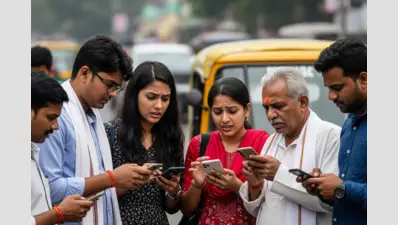Fare hike: Soon, your daily auto and cab ride will cost more | Bengaluru News

[ad_1]
In Bengaluru, when people are trying their best to adjust to daily commute amidst the bike taxi ban, an auto-rickshaw and cab ride is set to become even pricier as new fares take effect. While the revision of auto fares have taken place after four years due to the growing pressure from the auto unions, citing rising fuel and maintenance costs, cabs will announce the increase in fare price shortly.
Are bike taxis making a comeback?
The revised auto fares, constant ride refusals and traffic during peak hours have intensified pressure on the central government. They recently issued an advisory allowing the use of private two-wheelers as ride-hailing vehicles, paving the way for bike taxis to return as a much-needed commuting alternative. The guidelines are advisory and are not legally binding unless adopted by individual states. This marks the first time the central government has officially included non-transport motorcycles in its policy framework for aggregators.
The impact of the auto fare hike
NEW FARES: Base Fare: ₹36 for the first 1.9 km Per kilometre rate (after 1.9 km): ₹18 PREVIOUS FARES (since Nov 2021): Base Fare: ₹30 for the first 2 km Per kilometre rate: ₹15
WFH demand increases amidst the daily commute struggles to work, in Bengaluru
As auto fares rise, many Bengaluru residents are turning to the idea of working-from-home. People are spending more time and money just to get to work than actually working. One post recently summed up the sentiment of several people residing in Bengaluru. “Why can’t we pretend there is a pandemic and.. go back to working from home and doing online meetings. It’s painful to get stuck for 2 hours on a Monday morning and act enthusiastic,” says @kmr_dilip on X.
The latest advisory by the Centre for Bike Taxis:
- Using personal bikes for commercial ride-sharing by aggregators is not illegal under the Motor Vehicles Act
- People can provide the services through aggregators if they want to, as long as safety and insurance requirements are met
- The state government must issue licences and levy authorisation fees for aggregators on a daily, monthly or fortnightly basis
- Aggregation of non-transport motor cycles will help in reducing congestion and pollution, along with providing affordable passenger mobility, and creating livelihood opportunities
[ad_2]
Source link






